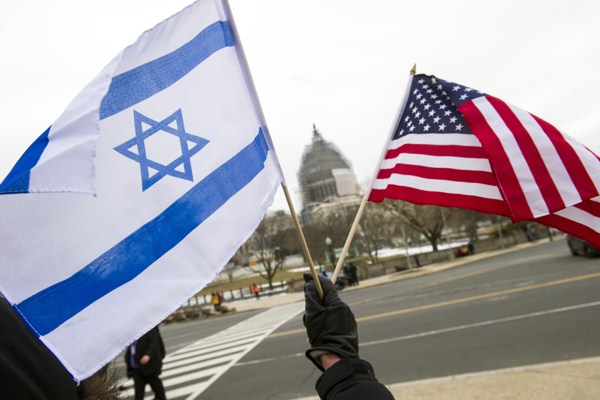Israeli Prime Minister Benjamin Netanyahu’s speech to the U.S. Congress this week slammed U.S. President Barack Obama’s quest for a nuclear agreement with Iran, unleashing a political firestorm in Washington. While the speech did not compel anyone to shift their position on the Obama policy, it dramatically amplified the debate, with each side fully convinced that Netanyahu made his case or failed to do so.
That the United States has been unable to manage its conflict with Iran, or even implement a coherent policy, reflects the intricate complexity of the issue—with its multiple components, clashing priorities and impassioned domestic political elements. It is the most politically challenging national security issue that the U.S. faces today.
The most pressing component of the conflict—at least this week—is Iran’s nuclear program. It’s not hard to understand Tehran’s desire for nuclear weapons. The Islamic Republic is well aware that regimes without nuclear weapons, like Libya’s Moammar Gadhafi or Iraq’s Saddam Hussein, fell to U.S. military intervention, while those with nuclear weapons, like North Korea, have not. For Iran, the U.S. poses an existential threat.

